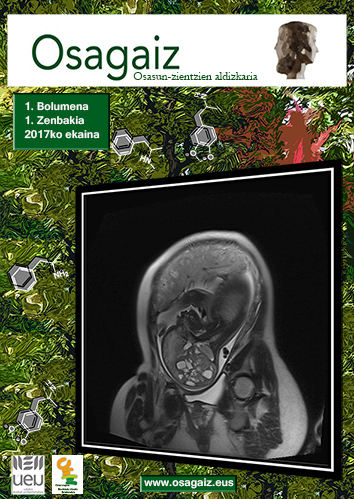Abstract
Depression is associated with both cancer and social stress, but mechanisms underlying this relation are still inconclusive. Thus, we analyzed the effects of tumor and stress on brain activity. Oncins France 1 (OF1) male mice were inoculated with B16F10 melanoma tumor cells and a subgroup was exposed to social stress. We found that the presence of the tumor was associated with reduced levels of brain serotonin and increased levels of the neurotoxin3-hydroxykynurenine (3-HK). This effect was also seen in mice using a passive coping strategy. Furthermore, the presence of a tumor was found to be associated with a decreased preference for sucrose and increased immobility in the open field test. These findings suggest that the kynurenine neurotoxic pathway is activated by the tumor which may, in turn, contribute to the appearance of depressive-like behaviour.

